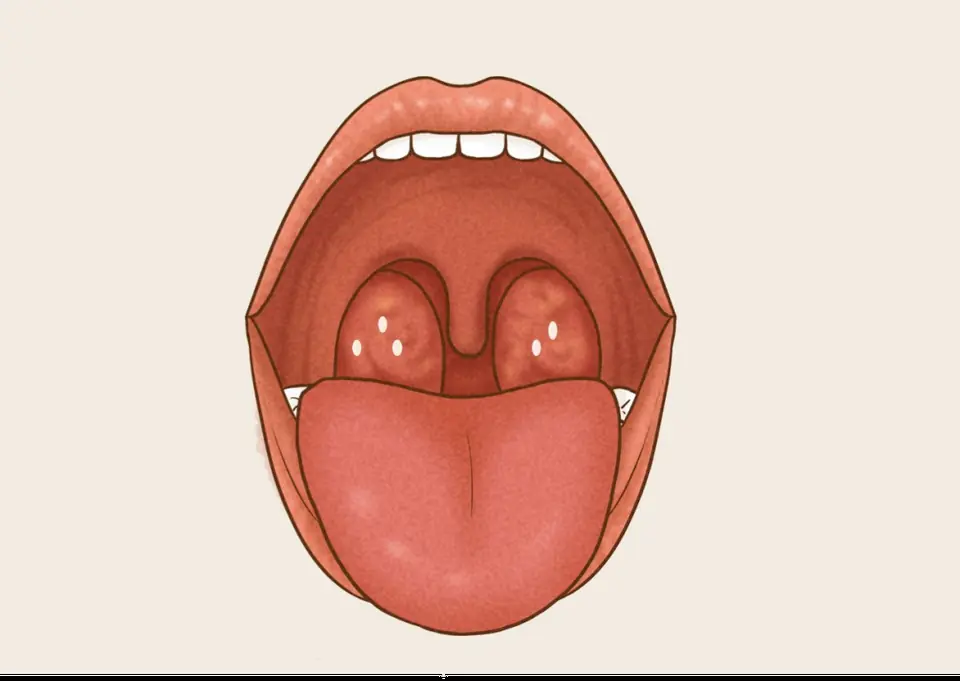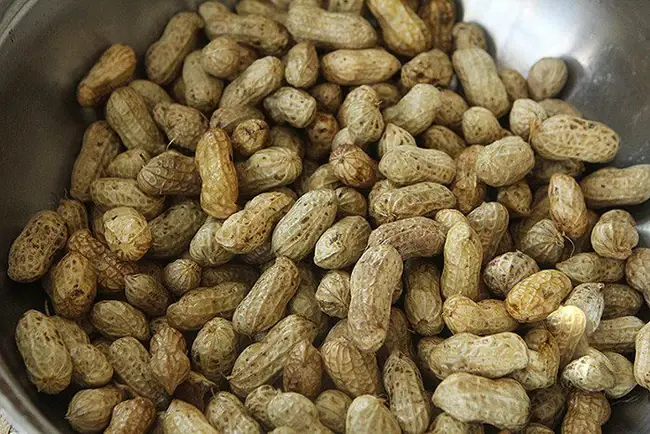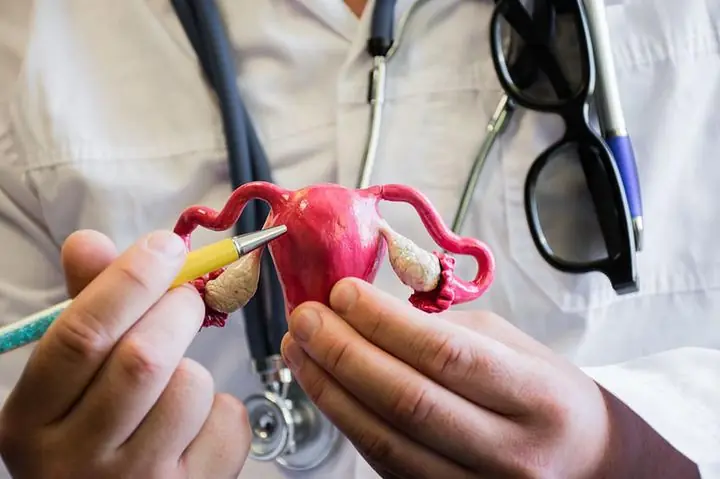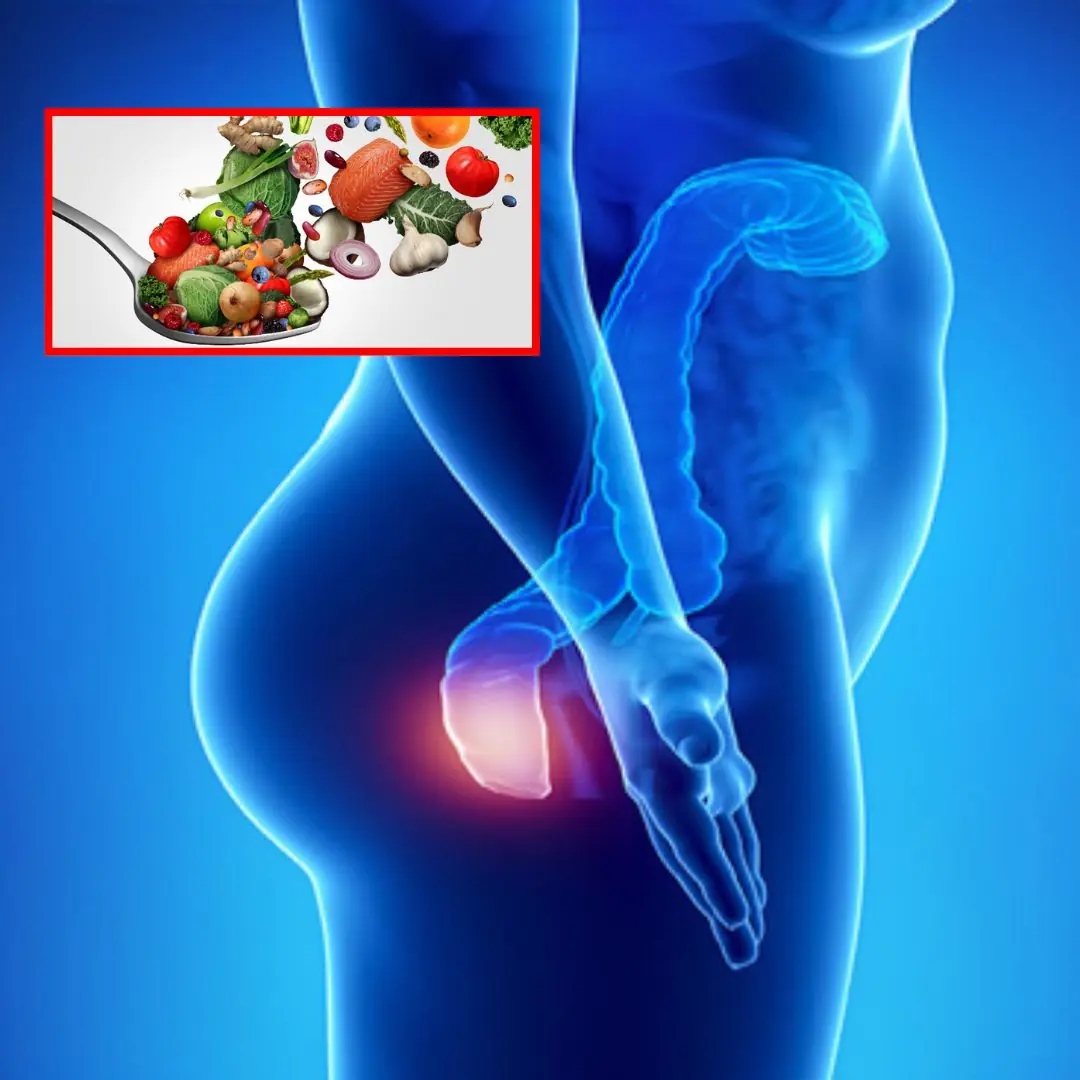
If your breath carries these 4 unusual odors, it could signal hidden illness — don’t ignore the warning signs

Breath with These 4 Odors Could Be a Sign of Illness – Pay Close Attention
In reality, there are many reasons why breath develops an odor, and simply cleaning the mouth may not solve the problem.
People who frequently smoke, drink alcohol, consume coffee, or eat strongly flavored foods such as onions, garlic, and leeks are more likely to develop bad breath.
In addition, here are 5 common causes of bad breath:
1. Reduced Saliva Production
Saliva has antibacterial properties. If you often breathe through your mouth, saliva production decreases, creating favorable conditions for bacteria to multiply and cause bad breath.
2. Oral Health Issues
Tartar buildup, cavities, periodontitis, or tonsil stones can all negatively affect fresh breath.
3. Stomach Problems
Helicobacter pylori (H. pylori) infection is the most common cause. This bacteria can lead to gastritis and ulcers while producing foul-smelling gases.
If you frequently experience acid reflux or belching, you should visit a hospital to check for H. pylori infection.
4. Disorders of the Spleen and Stomach (Traditional Chinese Medicine Theory)

According to Traditional Chinese Medicine, bad breath may result from internal organ dysfunction—especially disorders of the spleen and stomach.
Symptoms such as irregular stools, sticky saliva, bloating, and a coated tongue should be monitored and adjusted.
5. Metabolic Diseases
Conditions like diabetes and liver disease, though seemingly unrelated, can also cause bad breath. Metabolic disorders often manifest through unusual odors in breath as a warning signal.
What Do These Diseases Make Your Breath Smell Like?
1. Sour Odor
A sour taste in the mouth is often linked to indigestion. When food remains in the stomach for too long, fermentation by digestive juices, enzymes, and bacteria produces a sour smell.
People with bile reflux or excess stomach acid may also experience sour breath, which requires treatment of the stomach and digestive system.
2. Rotten Egg Odor
If your breath smells like “rotten eggs,” it often indicates oral health issues. The buildup of bacteria on the teeth, tongue, and tonsils produces volatile sulfur compounds and gases similar to the smell of spoiled eggs or rotting vegetables.
If you notice this smell, check for gum disease, cavities, tonsil stones, or insufficient saliva production.
Tonsil stones, in particular, are often hidden and difficult to detect, and daily oral hygiene cannot remove them. If you see white spots on your tonsils, it may indicate tonsil stones.
⚠️ Important: Do not attempt to remove tonsil stones on your own, as this may cause bleeding, infection, or acute tonsillitis. Treatment should be done by a doctor.
3. Rotten Apple Odor
A smell of rotten apples in the breath is a characteristic symptom of diabetes. Because metabolism is disrupted, acetone builds up in the lungs and is exhaled through the breath.
If you clearly notice this odor, you should pay close attention to diabetes screening.
4. Fecal Odor
When kidney function is impaired, metabolic waste cannot be properly processed and eliminated. Instead, these toxins escape through the lungs, causing breath to smell like feces or urine—an extremely unpleasant and serious condition.
If this abnormal odor is detected, you should immediately have your liver and kidney functions checked, as it may be an early sign of disease.
News in the same category


4 Best-Selling Items on E-Commerce Platforms Exposed to Contain Carcinogens

4 Surprising Changes Your Body Will Experience in Just Half a Year

Not milk or dried shrimp – this is the real “Calcium King” that many people overlook

Man develops 'pork worms' in his br.ai.n after years doing this specific cooking habit

Diabetes can 'show' strange signs in the neck: If you see them, don't ignore them

3 Drinks Called the “Calcium Drainers” But Many People Still Love

4 Surprisingly “Clean” Vegetables with Minimal Pesticides

6 Golden Habits to Help Seniors Reduce the Risk of Cerebral Infarction

Want the Health Perks of Coffee? Here’s the Best Time to Drink It

6 things you should absolutely not do when you have neck and shoulder pain because they destroy bones and joints and are terrible for your stomach

Headache for 5 days, woman suddenly fell to the ground, co.nvulsed, had difficulty speaking

Summer or winter, Japanese people wear socks to sleep — here’s why!

Spot these 10 symptoms? It’s time to see a doctor without delay!

4 Types of Pimples That Could Be a “Disguise” for Can.cer

5 Foods That Become Harmful When Reheated

Women Who Regularly Eat These 4 Dishes Won’t Have to Worry About a Cold Uterus

7 Types of Fish High in Mercury: Limit Them No Matter How Much You Like Them

15 Foods That Are Good for People with Hemorrhoids
News Post

What smell do wasps fear? 4 non-toxic ways to kill wasps

What is the total weig.ht of the 3 animals?

Your Feet Could Be Revealing Serious Health Issues — Watch Out for These 6 Signs

When Buying Oysters, Never Choose These 3 Types

Don’t Buy These “4 Types” of Pork Ribs No Matter How Cheap They Are

4 Best-Selling Items on E-Commerce Platforms Exposed to Contain Carcinogens

Just After Changing into My Wedding Dress, My Mother-in-Law Slipped Me a Bankbook and a Haunting Message

4 Surprising Changes Your Body Will Experience in Just Half a Year

Not milk or dried shrimp – this is the real “Calcium King” that many people overlook

Man develops 'pork worms' in his br.ai.n after years doing this specific cooking habit

Diabetes can 'show' strange signs in the neck: If you see them, don't ignore them

3 Drinks Called the “Calcium Drainers” But Many People Still Love

4 Surprisingly “Clean” Vegetables with Minimal Pesticides

3 Lucky Plants That Bring Prosperity and Wealth

6 Golden Habits to Help Seniors Reduce the Risk of Cerebral Infarction

One Part of Chicken Contains Four Times More Cholesterol Than Pork Fat

Sweet Potatoes Are Not Good for These 3 Groups of People

Just hang a handful of these leaves in front of your door - flies and mosquitoes will disappear
